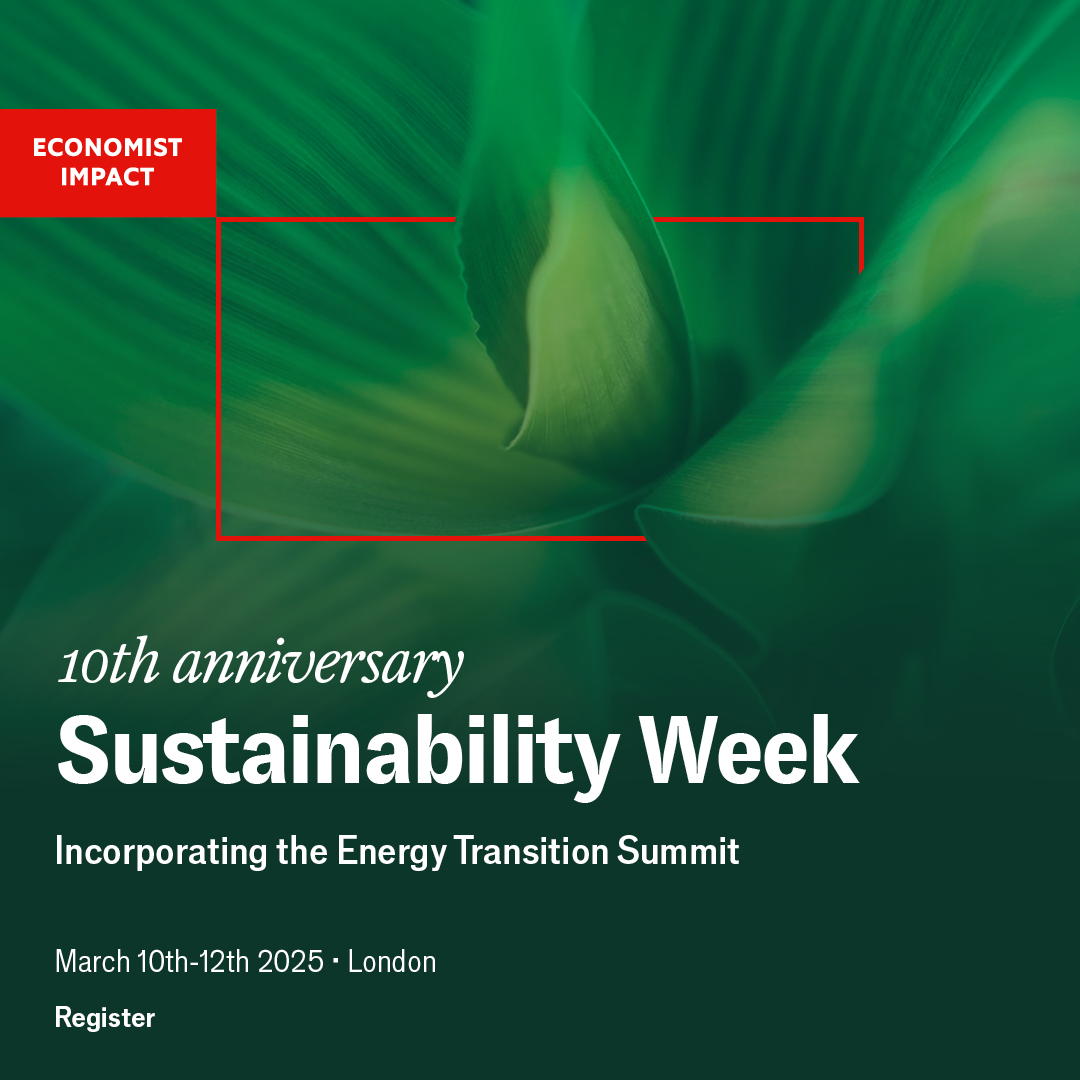By Kesaven Moothoosamy, Executive Director of Intercontinental Trust Limited
In the few weeks following the 2024 elections, the Prime Minister, Dr. Navinchandra Ramgoolam, already warned the population, through a comprehensive state of the economy report, that the country’s finances were in dire straits with a downward spiralling debt burden. He pointed to a worsening trade deficit, an accelerated depreciation of the rupee fuelling inflationary pressures, and a budget deficit far exceeding initial projections. While Moody’s maintained the Investment Grade status of Mauritius – an exceptional feat for the region, it highlighted the important fiscal challenges and the need for urgent reforms while lauding the strength of the financial sector.
The new Government, still in the early stages of its mandate, had the latitude of taking bold austere measures to reverse the dwindling state of our finances. The Prime Minister (also Minister of Finance) responsibly raised to the challenge and has taken some daring (and in some cases unpopular) decisions.
Individuals and businesses will feel the sting in many forms such as the Fair Share Contribution for high-income earners and large businesses, additional levies on large corporates and banks, higher taxes on foreign real-estate investors and a lowered VAT threshold for smaller enterprises. The alignment of the payment of basic retirement pension to the actual age of retirement (65) will probably be a lingering unpopular measure to this government but which was unavoidable given the ageing population challenge.
This Budget pivots Mauritius away from a consumption largesse model toward targeted, high-impact investments that will hopefully bring sustainability – This includes measures such as 30 billion rupees earmarked for the energy sector, re-igniting the Blue Ocean economy, Waste-to-Wealth scheme, introduction of Creative arts trading as well as sustainable tourism.
At the heart of this transformation is Artificial Intelligence (AI) and digitalisation. A dedicated AI Unit at the Ministry of Finance will drive our transition to a digitally advanced economy by fostering an AI-driven culture across all government institutions.
The hard-fought financial gains of the Chagos deal (Circa GBP 165 million per annum) has been carefully strategised to ensure long-term developmental purposes for the future of the Country (interestingly coined as the Future Fund) with investments into food security, Clean energy, Blue economy, AI & blockchain and Start-up funding as from FY2028-2029. The Chagos deal will understandably help in sponging the deficits and national debts in the first 3 years.
Closer to us, the Financial Services Sector seems to be victim of its success with limited growth measures being implemented through this budget. In the quest of the Financial Centre to become a Private Wealth destination for the region, the introduction of bullion banking services by Private banks for gold and precious metals is a welcomed measure. We also look forward in the implementation of the streamlined licensing for wealth management and family offices. With the implementation of the technology blueprint of the government, we are optimistic that the efficiency of the authorities will be largely improved – a key competitive edge for this sector.
Mauritius has the reputation of being resilient in the face of the challenges – be it local or global economic turmoil, the recent pandemic and negative listings. The strict reforms in which we are engaging ourselves as a country is unavoidable to ensure that we continue treading on our growth path. We consistently made it out stronger throughout challenges – and this time will be no exception.




